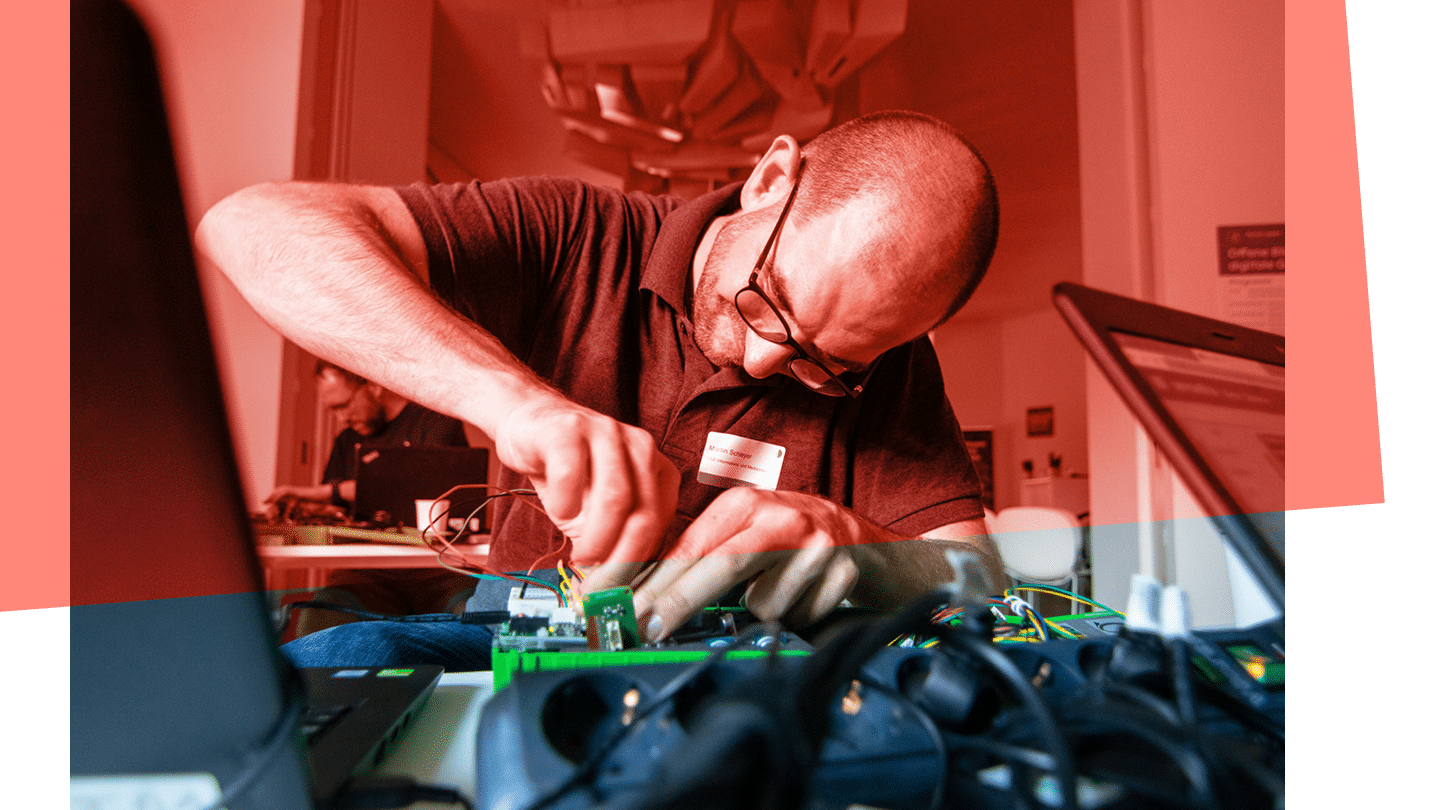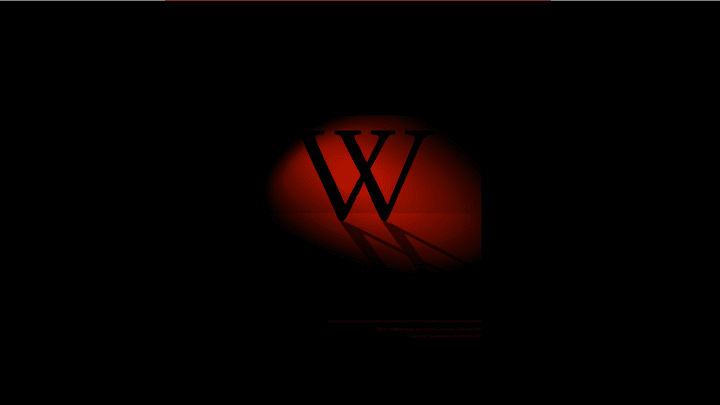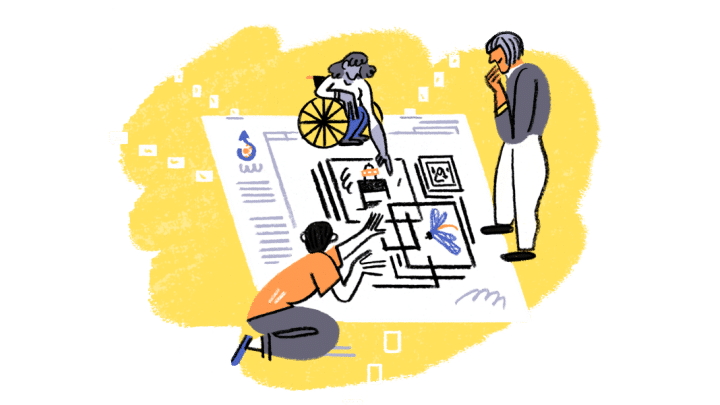17 organizations
and many individuals are involved with us in the Free Education Alliance for the opening of teaching, learning and education.
“All educational materials are accessible, usable and modifiable without legal and technical barriers.” This is the vision of the Bündnis Freie Bildung BFB (Free Education Alliance). The alliance of organizations, institutions and individuals sees education as a human right and is committed to Open Educational Resources (OER). In 2019, the forum Open:Education took place for the second time, at which Alliance representatives discussed ways to achieve greater justice in knowledge with political decision-makers. “What we do not want is profit orientation in the education system,” says Dominik Theis, coordinator of the BFB.
Two major topics were at the centre of the work of the BFB in 2019. One was the OER strategy of the Federal Government. Although it is anchored in the coalition paper, it has not yet been tackled. The second is the DigitalPakt Schule, with which the Federal Government and the Länder want to promote the technical equipment of learning facilities. Dominik Theis calls it “too short-sighted”, among other things because it does not take into account the further training of teachers in the digital field and the maintenance and servicing of IT infrastructures.
Free education – as the BFB understands it – and if properly promoted would solve a number of problems in the education system. Open concepts such as peer-to-peer learning or inverted classroom (learning at home, applying in class) could relieve teachers. “Free access to educational materials on freely accessible infrastructures with open source software helps to reduce inequalities,” Theis explains with conviction.
In 2019, the Forum Open:Education offered a platform to discuss these concerns with education policymakers, representatives of educational practice and civil society for the second time. At the parliamentary evening with the members of the Bundestag Margit Stumpp (Bündnis 90/Die Grünen), Marja-Liisa Völlers (SPD), Jens Brandenburg (FDP) and Daniel Seitz (CEO of mediale pfade.de), there was consensus that the current investment in digital infrastructures is not enough, but that the focus should be on promoting digital skills. Free education needs foresight.
Alliance member Björn Lefers of the non-profit initiative Schule im Aufbruch (School on the Move) emphasizes the global perspective: “Free education facilitates people’s access to knowledge and promotes democratic values. In this way we are making a strong contribution to mastering the challenges of our time together and achieving the UN sustainability goals”.
3 QUESTIONS TO
Maximilian Voigt
(Project Manager Open Knowledge Foundation / Open Education / Open Hardware):
What was a success for the Free Education Alliance in 2019?
Our open letter for more transparency and open education in public procurement.
What do you think is the strongest argument for open and free education?
More educational justice and opportunities for participation.
What remains the greatest challenge for the Alliance?
To add competitive, open and free alternatives to the convenient solutions of the free market economy.
3 F3 QUESTIONS TORAGEN AN
Jens Brandenburg (FDP)
Do you support the demands of the Free Education Alliance?
I support the aim of establishing more open educational opportunities – from schools to universities. What I particularly like about the BFB’s position paper is the approach of linking the demand for the provision of Open Educational Resources (OER) with the question of the qualification of teachers.
Why do we need more digital skills in the education sector?
Digital competence also includes media competence. It is important to exemplify this in class. Digital teaching materials can be an excellent complement to traditional teaching. There are great examples of how virtual reality glasses are used in biology or maths lessons with programmes that respond individually to the pupils. This should be further promoted with open resources where possible.
Where do you see a need for political action?
The framework conditions for OERs must be strengthened. This starts with financing. Part of the Digital Pact for Schools should be used to develop learning and school software. Teachers need more time for further training, but also for the creation of such content. And last but not least, policymakers would have to set common standards for OERs in order to harmonize data protection issues and pedagogical-didactic quality.
There are still too many persistent forces in education policy that see digitalization as a problem rather than a solution.




